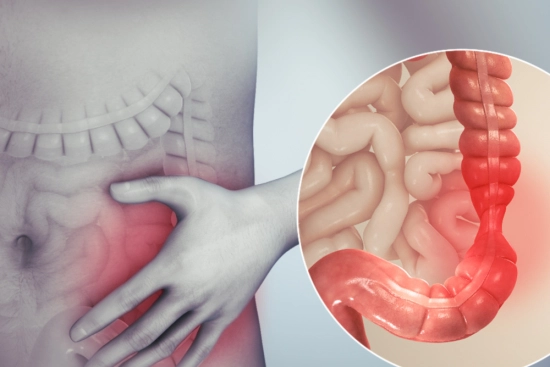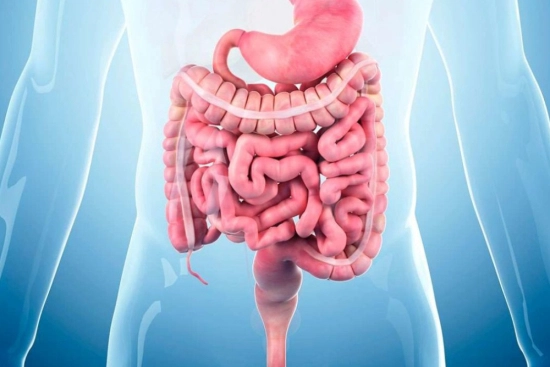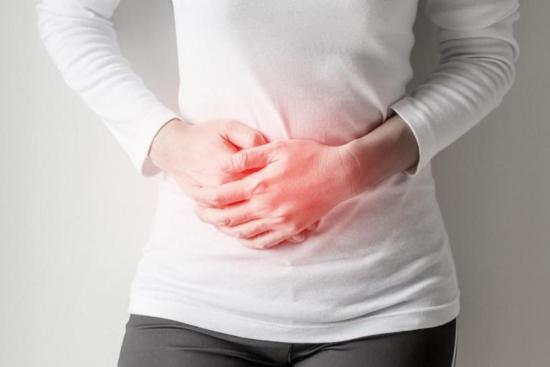The frequency and appearance of bowel movements vary from person to person, depending on diet and other factors. Constipation occurs when a person experiences discomfort, difficulty, or pain during bowel movements. This digestive disorder is characterized by difficulty having regular bowel movements, often accompanied by bloating or abdominal pain. If constipation persists or worsens over time, it is advisable to consult a doctor to determine the cause and receive appropriate treatment.
- People suffering from real intestinal and/or ano-rectal motor dysfunction
- Individuals affected by diverticulosis, chronic inflammatory bowel disease
- People with colorectal cancer
- Patients whose attempts at conservative correction have not led to the desired results
- The procedure lasts about 30 minutes
- A two-day hospital stay
- Normal activity resumes in one week
- 95% to 98 %.
Best Clinics with Verified Reviews

- Multispecialized hospital
- 7 operating rooms
- Capacity é of 170 beds
What is chronic constipation?
Chronic constipation is a persistent digestive disorder characterized by difficulty passing stools, reduced frequency of bowel movements (less than three per week) and/or a sensation of incomplete evacuation. Unlike occasional constipation, it usually lasts longer than six months and can have a significant impact on quality of life.
Etiology and risk factors
Chronic constipation can result from a variety of internal or external factors, including:
- Inappropriate lifestyle: unbalanced diet, low fiber intake, insufficient calories, or inadequate hydration.
- Physical inactivity: A sedentary lifestyle contributes to slow intestinal transit.
- Stress and psychological disorders: Anxiety, depression, or physical or psychological trauma can affect digestive function.
- Side effects of certain medications: especially antidepressants, antacids containing aluminum or calcium, and opioids.
- Certain underlying medical conditions: such as hypothyroidism, diabetes, bowel obstruction, or neurological disorders.
Why act now?
Chronic constipation should not be ignored, as it can lead to complications such as hemorrhoids, anal fissures, and permanent loss of quality of life. Early, personalized treatment can restore normal bowel function and prevent these inconveniences.
Act now to restore your digestive balance. Contact us for a personalized teleconsultation and take back control of your health.

Symptoms of acute constipation
In addition to difficulty passing stool, chronic constipation leads to a variety of digestive disorders and general discomfort, the symptoms of which vary from person to person. The most common symptoms include:
- Bloating or a feeling of fullness in the abdomen.
- Excessive gas.
- Persistent rectal pressure.
- Development of hemorrhoids.
- Abdominal cramps and pain.
- Anal leakage of small amounts of stool, sometimes similar to diarrhea.
- Nausea, in some cases vomiting.
- A distended or swollen abdomen.
- Prolonged and severe straining to pass stools.
- Hard, dry, or lumpy stools.
- A feeling of rectal constipation.
Relief from these symptoms is important for improving your quality of life. Consult one of our partner healthcare professionals in Turkey for an accurate diagnosis and to determine the appropriate treatment.
Diagnosis of chronic constipation in Turkey
The diagnosis of chronic constipation in Turkey is based on the assessment of symptoms, physical examination and in some cases additional tests. Here are the key elements in the diagnosis of chronic constipation:
Questioning the patient
A thorough discussion between the patient and the doctor is essential for an accurate diagnosis. Constipation is often perceived as a taboo subject and causes a lot of anxiety (even though in most cases it is not necessarily a health risk). The doctor will first determine whether the patient is actually constipated (less than 3 bowel movements per week) and then assess its impact on quality of life.
The medical interview will focus in particular on:
- Medical and surgical history.
- Medications that may affect bowel movements.
- Eating habits.
- Level of physical activity.
Clinical examination
A physical examination, especially of the rectal area, is performed to detect any stool accumulation, hemorrhoidal lesions, anal fissures, or other abnormalities (such as tumors). This examination also assesses anal sphincter tone and identifies suggestive clinical signs.
Further tests
Depending on the case, blood tests or a colonoscopy may be ordered to rule out other underlying conditions that may be causing constipation. These tests are recommended under certain circumstances, especially if you have worrisome symptoms or specific risk factors.
Specific tests for persistent constipation
If constipation persists despite medical treatment and a balanced diet, more specialized tests may be considered. These include
- Anorectal manometry: to assess muscle and nerve function in the rectum and anus.
- Colon transit time: to measure the speed at which food passes through the digestive system.
- Intestinal MRI: to visualize internal structures and detect abnormalities.
These tests allow us to identify the precise mechanisms at the root of chronic constipation and propose an appropriate treatment.
Thanks to Turquie Santé, you can benefit from a specialized consultation with an expert in digestive disorders in Turkey. You will receive personalized support to identify the exact cause of your chronic constipation and receive appropriate treatment.

Treatment options for chronic constipation in Turkey
Treatment of chronic constipation in Turkey generally follows several stages. These include lifestyle changes, medication and surgery.
Changes in eating habits
To relieve chronic or occasional constipation, a high-fiber diet is essential. It's recommended to consume between 20 and 40 grams of fiber per day, preferably from fruits, vegetables, whole grains and legumes. Adequate hydration and regular physical activity complement these measures to promote optimal bowel transit.
Medication treatments
If dietary changes are not sufficient, medications may be prescribed:
- Ballast laxatives (mucilage): increase stool volume by absorbing water, making passage easier.
- Osmotic laxatives: retain water in the bowel, softening stools and stimulating transit.
- Emollient laxatives: Paraffin-based, they lubricate the stool to make it easier to pass.
For persistent constipation, stimulant laxatives may be considered. These activate bowel motility and increase water secretion in the colon. However, they may cause side effects such as abdominal pain or diarrhea. For anorectal constipation, techniques such as enema or perineal re-education may be suggested.
Surgical intervention
In rare cases where chronic constipation is resistant to conventional treatment, surgery may be considered:
- Subtotal colectomy: This procedure removes most of the colon to restore normal passage.
- Anorectal surgery: In cases of rectal prolapse or rectocele, surgery can correct anatomical abnormalities and improve bowel function.
The management of chronic constipation in Turkey is based on a multidisciplinary approach, ranging from hygienic-dietary measures to medical and surgical treatments tailored to each individual patient.
Share this page






